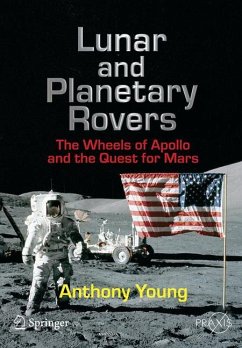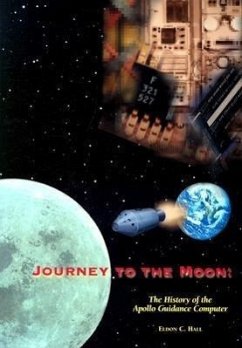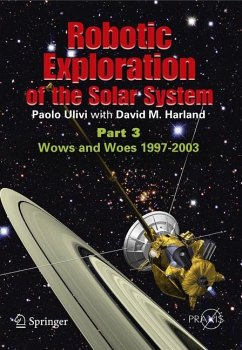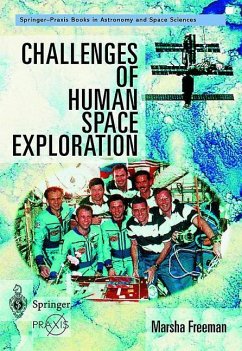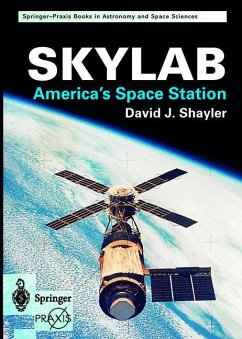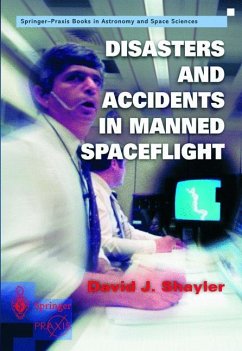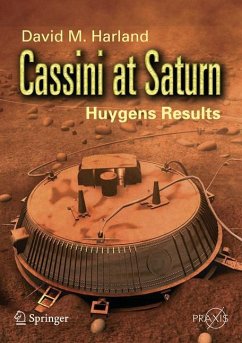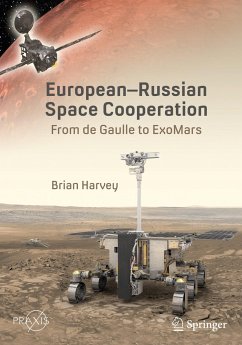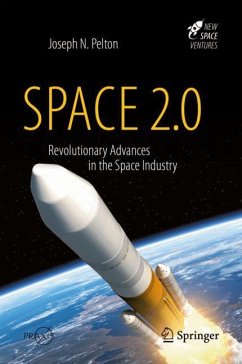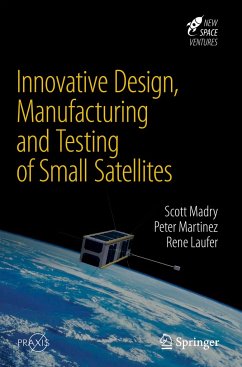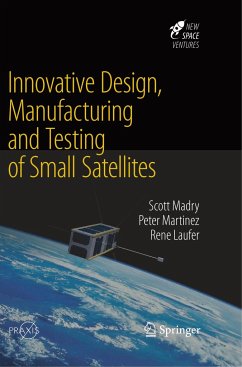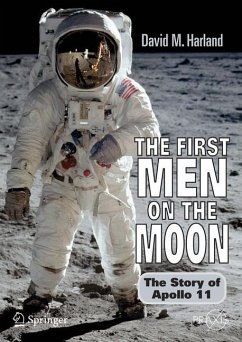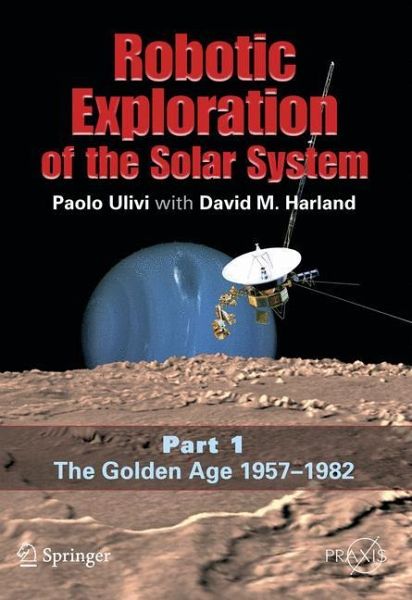
Robotic Exploration of the Solar System
Part I: The Golden Age 1957-1982

PAYBACK Punkte
24 °P sammeln!
Paolo Ulivi and David Harland provide in Robotic Exploration of the Solar System a detailed history of unmanned missions of exploration of our Solar System. As in their previous book Lunar Exploration, the subject will be treated wherever possible from an engineering and scientific standpoint. Technical descriptions of the spacecraft, of their mission designs and of instrumentations will be provided. Scientific results will be discussed in considerable depth, together with details of mission management. The book will be comprehensive, covering missions and results from the 1950s until the pres...
Paolo Ulivi and David Harland provide in Robotic Exploration of the Solar System a detailed history of unmanned missions of exploration of our Solar System. As in their previous book Lunar Exploration, the subject will be treated wherever possible from an engineering and scientific standpoint. Technical descriptions of the spacecraft, of their mission designs and of instrumentations will be provided. Scientific results will be discussed in considerable depth, together with details of mission management. The book will be comprehensive, covering missions and results from the 1950s until the present day, and some of the latest missions and their results will appear in a popular science book for the first time. The authors will also cover many unflown missions, providing an indication of the ideas that proved to be unfulfilled at the time but which may still be proven and useful in the future. The project will deliver three volumes totaling over 1000 pages, providing comprehensive coverage of the topic.





